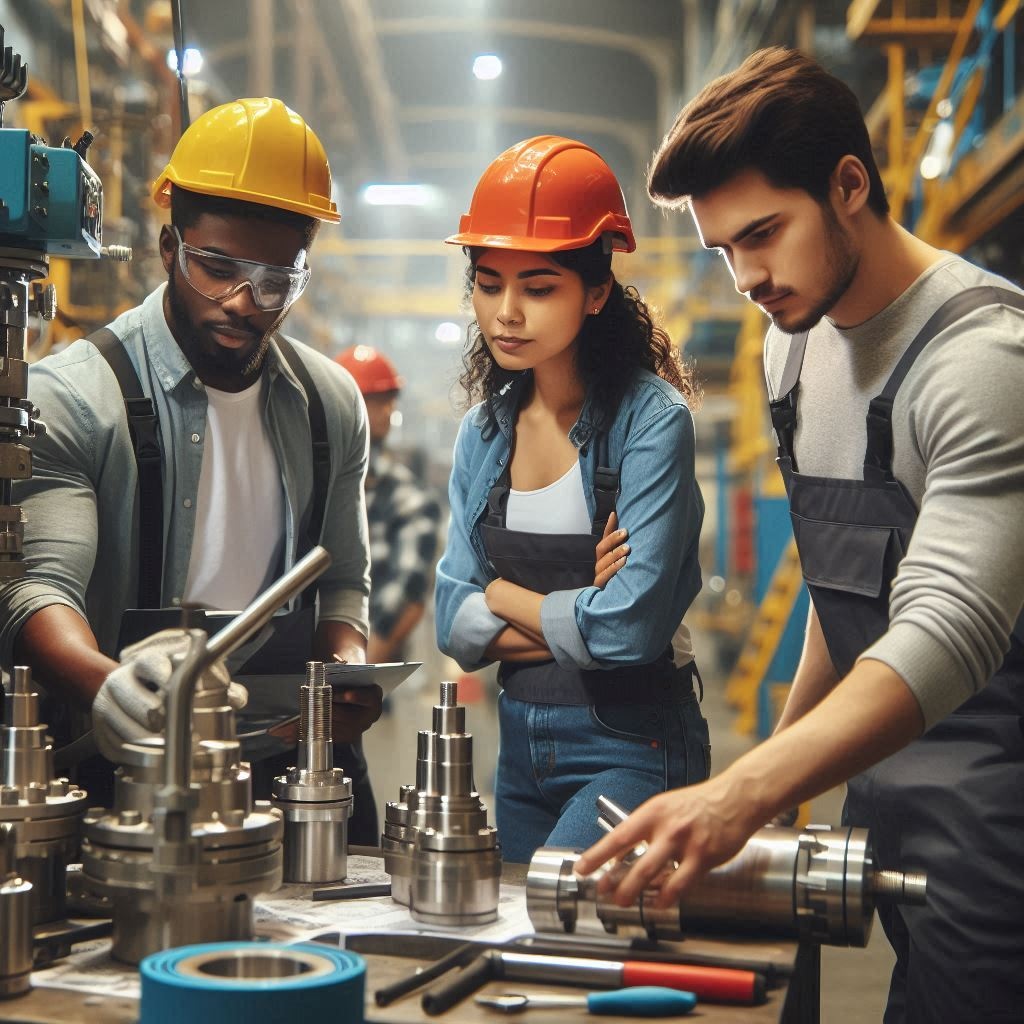Essential features of industrial valve

Industrial valves are critical components in fluid control systems, and their effectiveness relies on a combination of essential features designed to ensure safety, efficiency, and durability. Key features include robust construction using materials like stainless steel, carbon steel, or special alloys to withstand high pressure, temperature, and corrosive environments. Precision sealing mechanisms ensure leak-proof performance, while advanced actuation options—manual, pneumatic, electric, or hydraulic—offer flexibility in operation. Industrial valves also feature standardized end connections, easy maintenance access, and compliance with global standards such as ISO, API, and ASME. These features collectively ensure reliable flow regulation, minimal downtime, and long service life across diverse industrial applications.
How are industrial valve manufactured?
Industrial valves are manufactured through a detailed, multi-stage process that combines precision engineering, quality materials, and rigorous testing to ensure optimal performance in demanding environments. The process begins with the selection of suitable raw materials—typically stainless steel, carbon steel, or alloy metals—chosen for their strength and corrosion resistance. These materials are then shaped using methods such as casting, forging, or machining. Critical components like valve bodies, discs, and seats are precision-machined using CNC technology to ensure tight tolerances. After assembly, each valve undergoes stringent quality control checks, including hydrostatic, pneumatic, and non-destructive testing, to verify pressure resistance, sealing integrity, and structural strength. Finally, the valves are coated, marked, and packed according to industry standards and customer specifications, ready for use in various industrial applications.
What quality control measures are ensured by industrial valve manufacturer?
Industrial valve manufacturer follow stringent quality control measures to ensure each valve delivers reliable performance, safety, and durability across critical applications. The process begins with the inspection of raw materials to verify chemical and mechanical properties, followed by precise dimensional checks using advanced measuring tools. Each valve undergoes hydrostatic and pneumatic pressure testing to confirm leak-tight integrity and strength under real-world conditions. Non-destructive testing methods like ultrasonic, magnetic particle, and dye penetrant inspections are employed to detect internal or surface defects. Functional testing ensures smooth operation and correct actuation response, while visual inspections check for surface flaws and finish quality. Manufacturers also maintain complete documentation, traceability, and compliance with international standards such as ISO, API, and CE. These rigorous checks guarantee that every valve meets performance expectations and industry safety requirements before reaching the end user.
Conclusion




